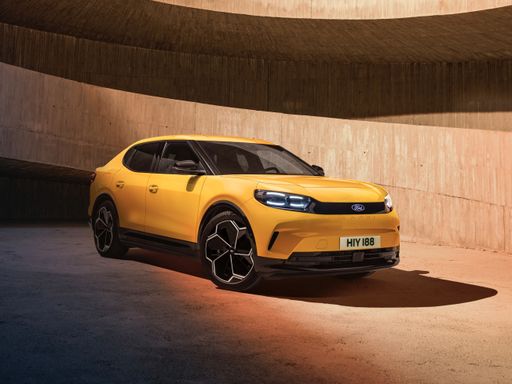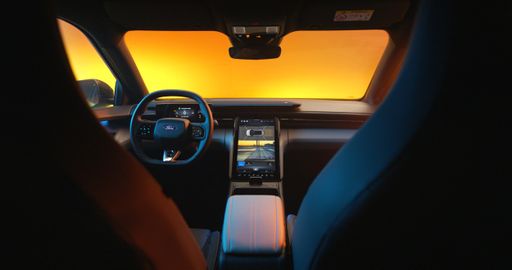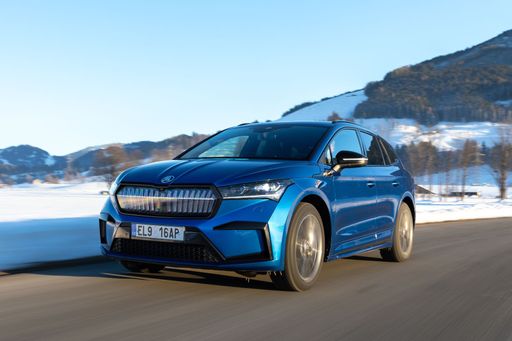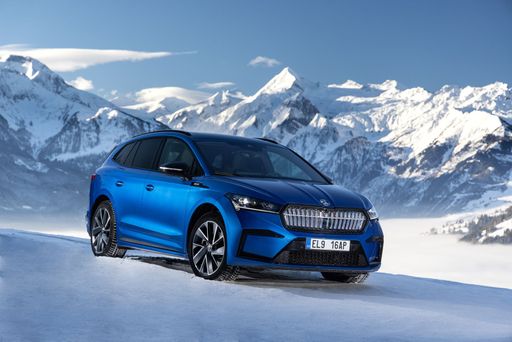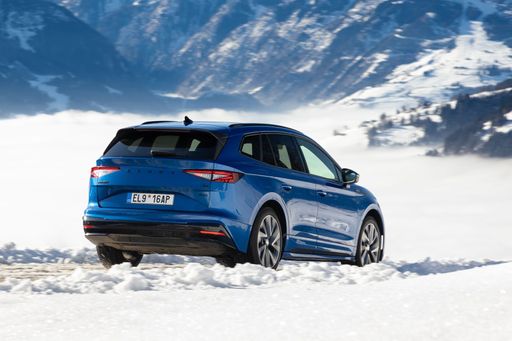The Timeless Face-off: Ford Capri vs Skoda Enyaq
The automotive landscape has transformed dramatically over the years, and while classic models like the Ford Capri have garnered a nostalgic fanbase, electric vehicles like the Skoda Enyaq represent the future of mobility. In this article, we’ll explore how these vehicles compare in terms of technical specifications, innovations, and overall appeal to drivers today.

